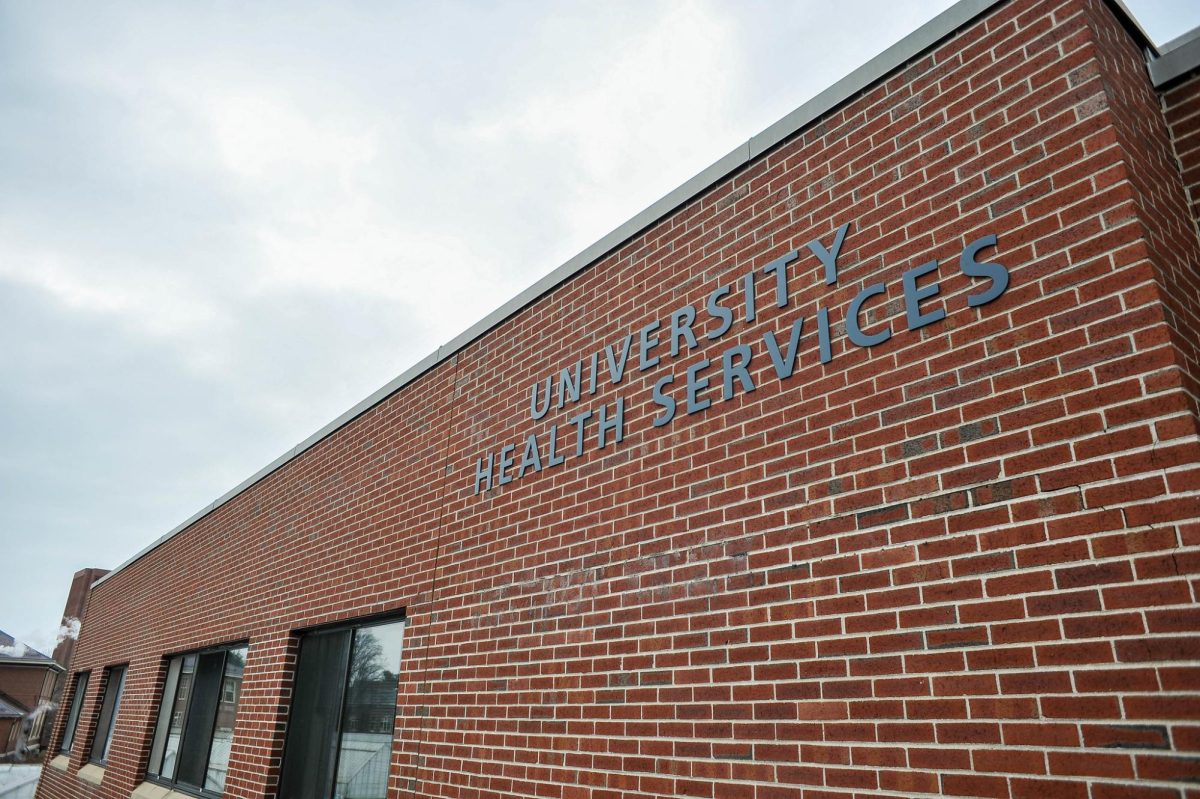Lani Guinier of Harvard Law School, and Dr. William Spriggs, from the National Urban League, spoke Friday on “The Future of Affirmative Action in the Academy.”
Nancy Folbre, current chair of the economic department, introduced the two speakers.
“I appreciate the steadfast commitment to affirmative action on this campus,” she said.
Guinier was the first speaker.
“Admissions rituals are political acts,” she said.
She explained that universities’ admission processes are built to convey a message to the public about who wants to be educated and why the applicants are there. For instance, some schools would appear to admit mostly students who score well on the SAT’s. This ratio does not accurately represent the actual pool of applicants, Guinier stated.
Therefore, racial groups that typically score lower on standardized tests, she said. Guinier spoke specifically about African Americans, whom she said can be admitted even if they have lower test scores than other applicants. This is the process of affirmative action, which higher education institutions use to create a diverse community.
The admissions process has been skewed in the United States by a process Guinier refers to as “contest mobility”. Standardized testing, such as the SAT’s, fixes rules that determine who will be admitted and who will not, she said. The educational testing system is not an accurate way to determine college admittance, according the Guinier.
“Supposedly, the results are predictive of your merit,” she said. She explained that standardized tests are based on quick guessing and are less than accurate.
“You’re lucky if you guess right,” she said.
Admissions processes base applicants’ potential for freshman year performance highly on test scores.
“That’s why I call the system a testocracy not a meritocracy,” she said.
It has been observed that African American and Latinos do not score as well on the tests, she said, and thus, affirmative action was put into place to compensate for this deficit.
“The contest does not allow people of color to show what they can do,” said Guinier. “Race is a visible marker for where the test fails. This is where I say, the contest itself is flawed.”
“[Affirmative action] is a deliberate attempt to make a racial democracy that destroys a pure democracy,” said Dr. Spriggs.
The admissions process needs to not only focus on providing racial and gender diversity, but economic and geographical diversity as well.
According to one study of 146 selective universities in the country, 74 percent of the admitted students came from the top 25 percent of social economic indicators. Only 3 percent came from the low-income indicators.
“Higher education has become a gift from the poor to the rich,” she said. “Education is being enjoyed by the privileged.”
Referring to her book, “The Miner’s Canary”, Guinier described Latinos and African American’s as canaries. As the canary gasps for air in the mines, she said, the miners (admissions process), aren’t trying to fix the harsh environment.
“Instead, they say, ‘Let’s fix the canary!'” Guinier said.
Guinier explained that race is a diagnostic tool that points out problems in the admissions process, not only for colored students, but for poor and working class whites as well.
“The scores on the SATs tell you how much money your parents have, not how well your first year college grades are going to be,” she said. “You can determine someone’s weight from their height more accurately than freshman year grades from the SATs. That correlation to me is weak.”
“We’ve accepted the bias that blacks score inferior, that black kids are worse,” Spriggs said. “We should not be so quick to assume there are [only] racial differences in the test scores.”
This means that many bright students, both from minority backgrounds and those from low-income families are often overlooked by the system because they tend to score lower on tests and less likely to be admitted.
“[The working world] wants people who will get the job done. A test score won’t tell them that,” explained Spriggs.
Institutions of higher education need to consider what will really keep the institution diverse. They need to be willing to experiment and discard the use of the “testocracy” in order to be truly democratic.
“This is our moment of opportunity to rethink our commitment to public service and admissions policies, not as a reward, but as an investment in the future.”
Addressing the students, Guinier said. “I hope you are here not only to do well, but to do good.”
Both were guest speakers of the 7th Annual Philip Gamble Memorial Lecture, which honors the late Philip Gamble, a faculty member and chair of the UMass economics department.
The lecture was sponsored by the UMass economics department, and held in the Cape Cod Lounge of the Student Union.






